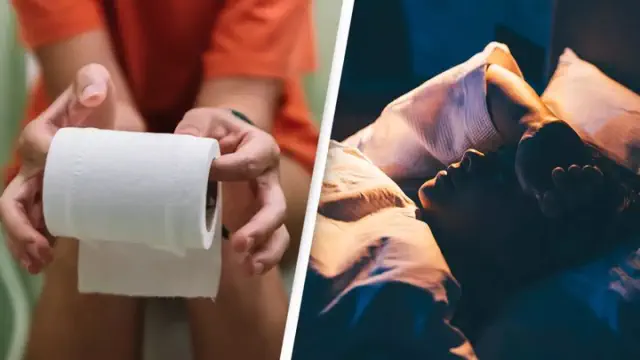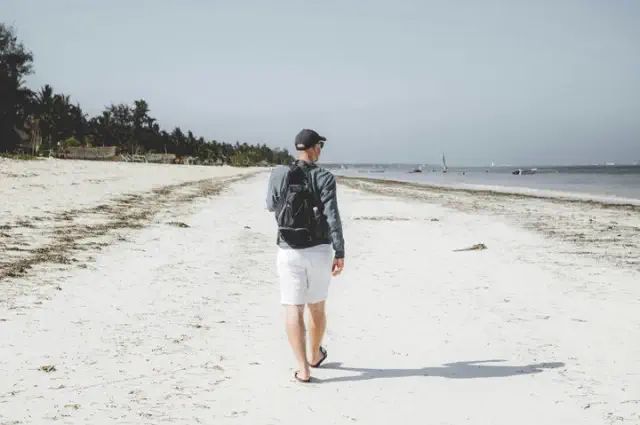Nocturia may result from a variety of underlying causes.
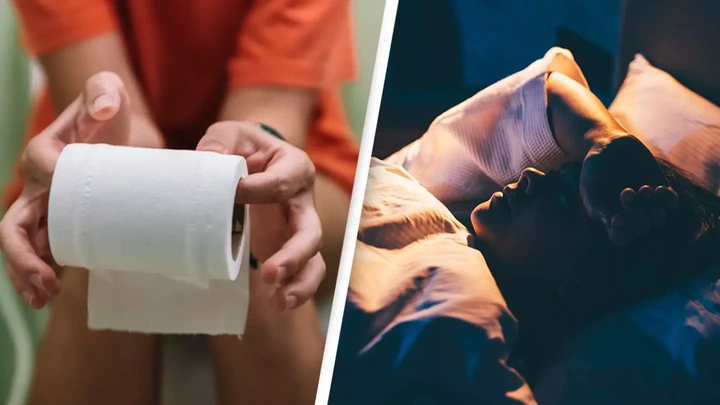
View pictures in App save up to 80% data.
Medical professionals have revealed when your nighttime trips to the bathroom might raise red flags, based on your age.
Nature loves to call when we're fast asleep, and the phenomenon of needing to wee at night, dubbed nocturia, can be caused by a variety of factors.
Davina Richardson, a nurse at the charity, Bladder and Bowel UK, said it can be a nuisance as frequent disrupted sleep can adversely affect our day-to-day lives and wellbeing.
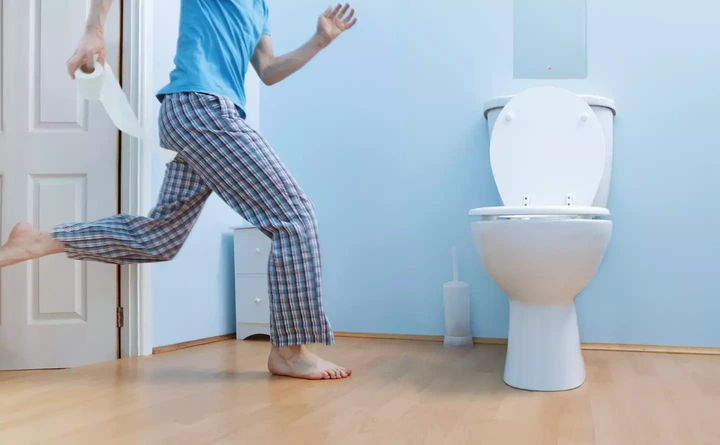
View pictures in App save up to 80% data.
The nurse also said it could be caused by consuming too many caffeinated drinks during the day or drinking too late at night before your head hits the pillow.
However, physicians caution that there is a delicate distinction between typical nighttime bathroom visits and the possibility that your nocturia may indicate a more serious underlying issue.
What is considered a 'normal' frequency for urination during the night?
Well, NHS doctors say it depends on your age, as normal can stretch from once per night to as many as four times as we get older due to the antidiuretic hormone (ADH) essentially withering away with age.
This hormone controls the amount of water that the human body retains and plays a crucial role in preventing dehydration.
For individuals aged 70 and older, it is typical to wake up to urinate twice during the night, while this number can increase to four times for those in their 90s.
In the meantime, medical professionals indicate that it is quite normal for individuals under 60 to get up to use the restroom at least once each night.
What are some possible health issues that could arise?
Waking up multiple times during the night to use the bathroom may indicate a urinary tract infection or potentially more serious health issues such as diabetes, kidney stones, high blood pressure, prostate cancer, or even heart disease in more advanced cases.
However, medical professionals caution that a rise in nocturia, especially when accompanied by other symptoms, should raise significant concerns.
Typical signs of diabetes encompass excessive thirst, unintentional weight loss, blurred eyesight, and more frequent trips to the bathroom at night.
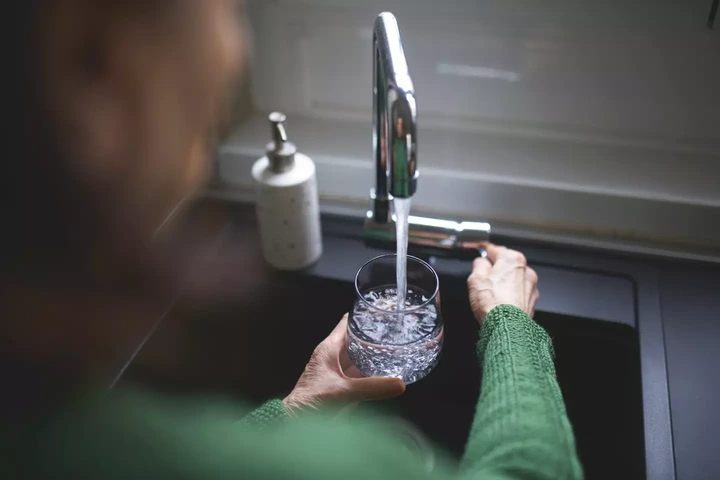
View pictures in App save up to 80% data.
According to the National Health Service in the UK, elevated blood sugar levels can irritate the bladder and heighten thirst, leading to increased fluid intake and a greater need to use the restroom.
In the meantime, the NHS indicates that individuals experiencing chest discomfort, swollen ankles, excessive sweating, and an increased need for nighttime bathroom visits may be showing symptoms of a heart condition.
Regarding urinary tract infections, Bladder and Bowel UK notes that additional symptoms to be aware of include a burning feeling during urination and/or urine that appears cloudy or has an unpleasant odor.
On the other hand, an unexpected increase in nighttime urination may result from a sleep disorder, specific medications, an overactive bladder, or an increase in fluid consumption.
